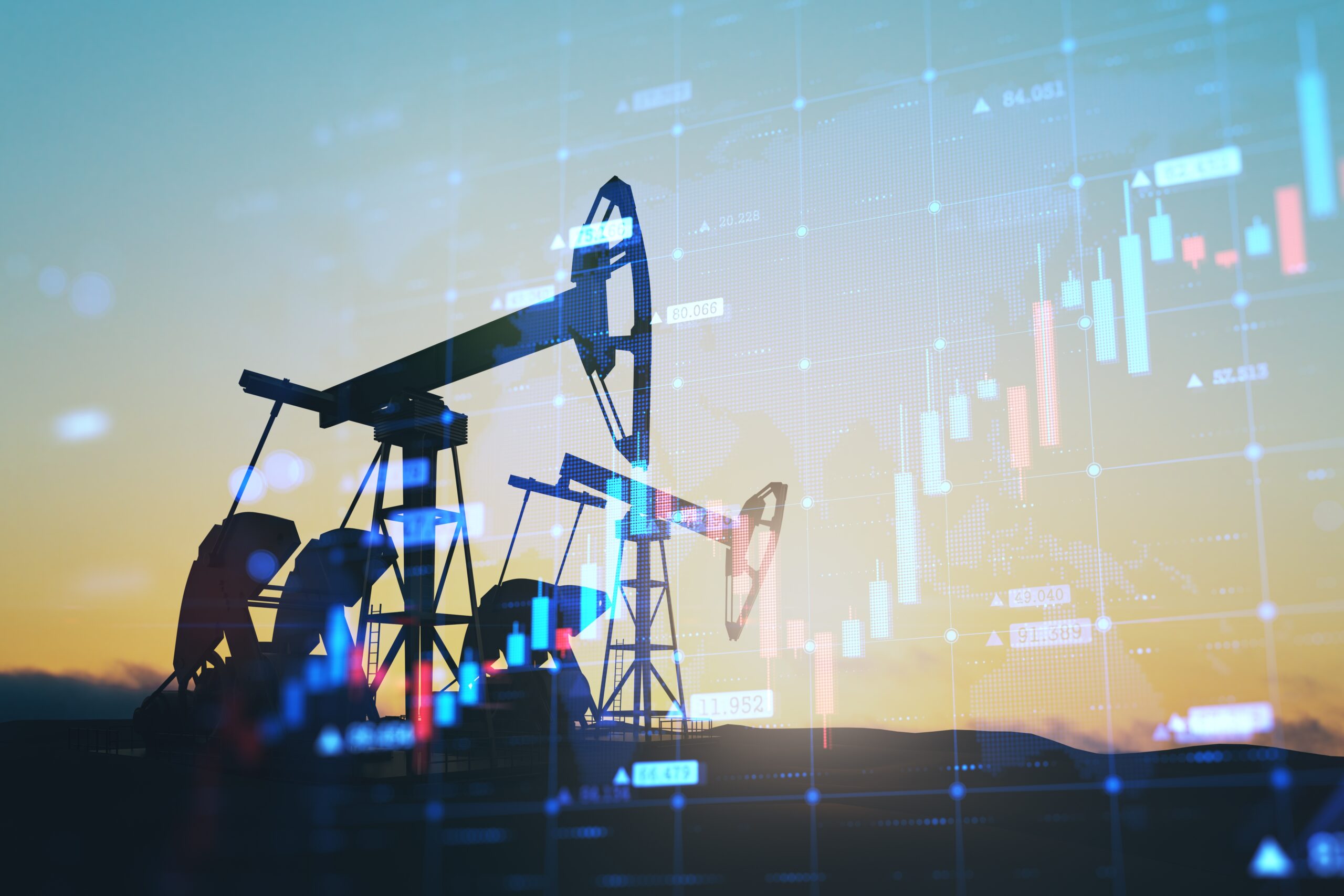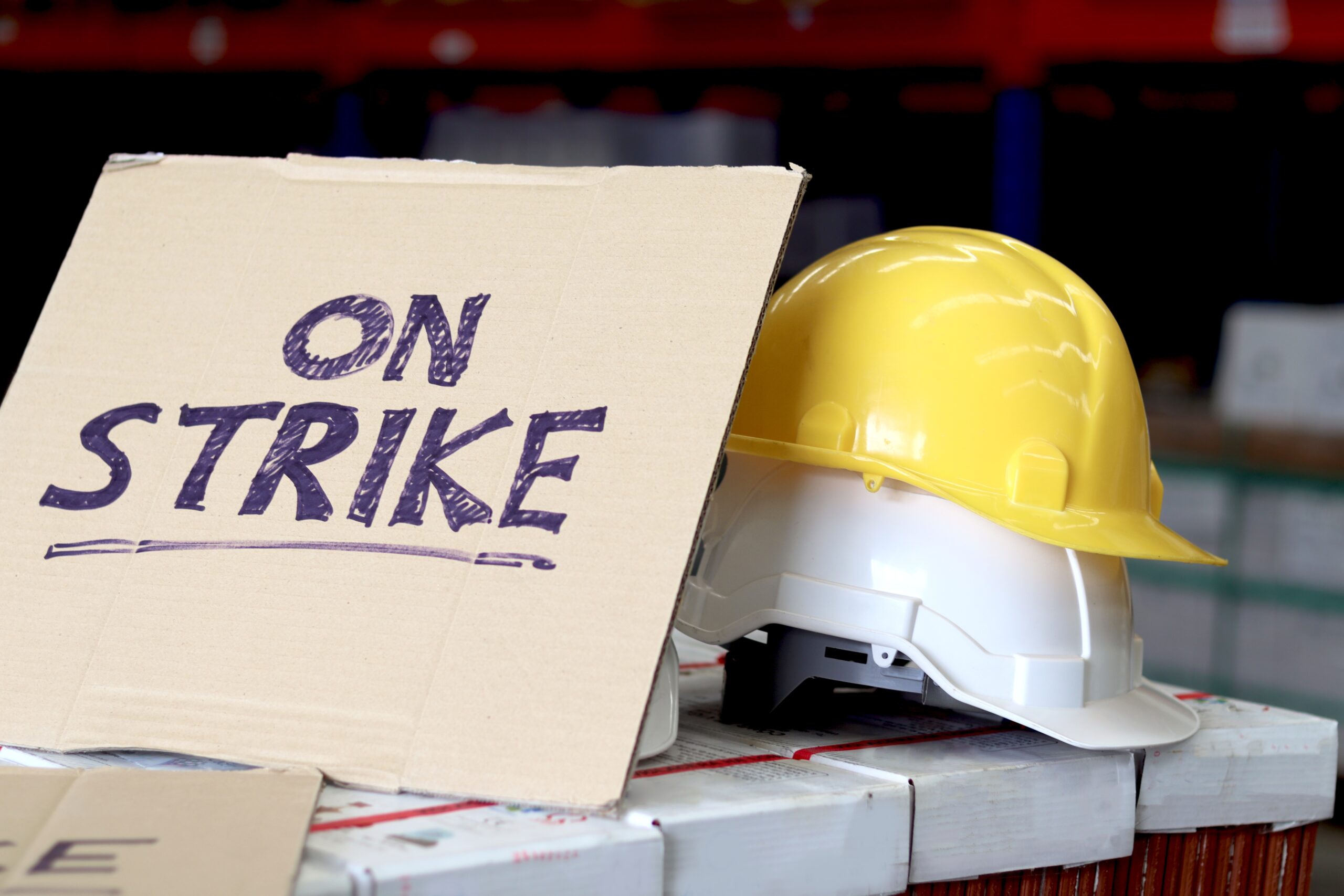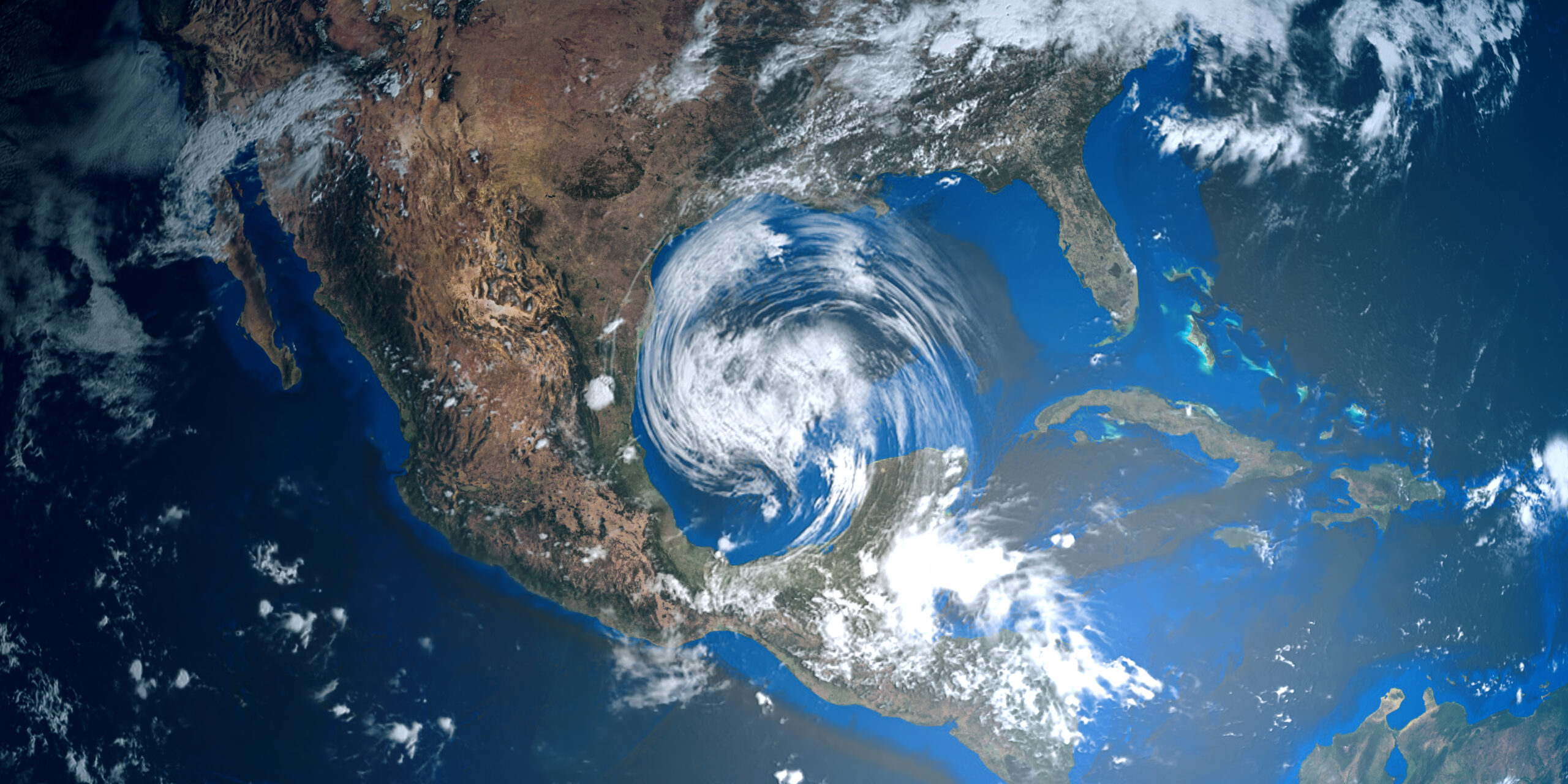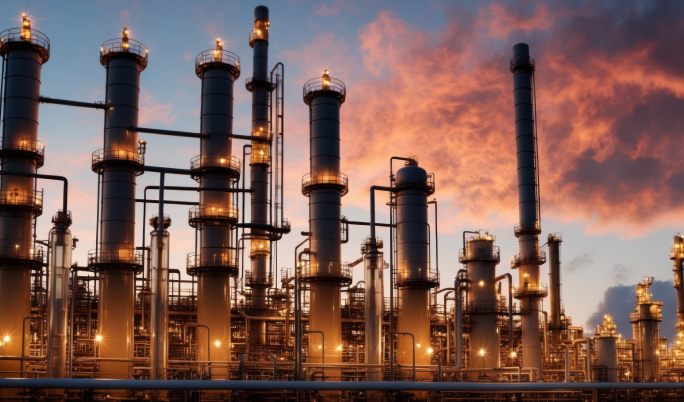
Friday, October 11, 2019
As shipping costs surge for domestic crude producers, remove H2S with Pro3® to upgrade your barrel
Chartering of very large crude carriers, or VLCCs, to ferry oil from the US Gulf Coast to Asia has increased…


Q2 Technologies Team
Experts in H2S Scavenging Solutions
With decades of combined experience, the Q2 Technologies team specializes in innovative hydrogen sulfide (H2S) scavenging solutions for the oil and gas, wastewater treatment, and industrial sectors.
A result of lost capacity in Saudi Arabia
Chartering of very large crude carriers, or VLCCs, to ferry oil from the US Gulf Coast to Asia has increased $5 a barrel. This is about twice the price before the attacks in Saudi Arabia. The increase has raised the price of US oil sold overseas at a time when Japan, South Korea and India are replacing the lost deliveries from Saudi Arabia and increasing their stockpiles to buffer against further supply disruptions.
Added tanker shortage by retrofitting ships
Timing for the increased US oil demand is being further complicated. The heightened tanker demand is meeting a shortage of available ships given that many are in harbor being retrofitted to comply with new international emission standards that will go into effect in 2020. The higher transport cost of US oil threatens to send buyers elsewhere, reducing US crude exports.
US crude exports at risk
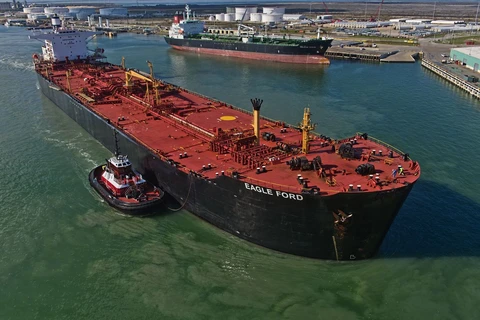
A tanker at the Port of Corpus Christi, Texas. The cost of chartering a tanker to ship crude across the ocean has continued to soar after the attacks in Saudi Arabia. PHOTO: EDDIE SEAL/BLOOMBERG NEWS
Why High Shipping Costs Hurt Domestic Crude Producers Most
South Korea has been the largest buyer, importing 605,000 barrels a day from the US. This is 20% of all US crude exports. The increased shipping costs could really hurt domestic drillers already facing lower prices while buyers such as South Korea diversify to buy oil from the North Sea, West Africa and Brazil. Michael Tran, an analyst with RBC Capital Markets said: “If it becomes uneconomical to ship US barrels to Asia, that essentially leaves barrels stranded in the US.”
Pro3® non amine H2S scavenger can help
While it is expected that the VLCCs being retrofitted will be able to service the market quite soon, it is as important as ever to maximize the value of your barrels. Contact us now to discuss how we can help you with our Pro3® so that you can get more for your barrel. Our Pro3® is a non-amine H2S scavenger that helps producers and traders maximize the value of their barrels in three ways: We upgrade the quality of oil when getting rid of the H2S content, we increase security for workers and communities when controlling H2S, and we protect infrastructure and equipment by avoiding corrosion while eliminating H2S.
FAQs
Yes, Pro3® is designed to comply with key international safety and handling standards, making it a practical solution for treating crude oil before marine transport. Its non-amine formula is effective and easier to manage across regulatory environments.
Pro3® removes hydrogen sulfide (H2S), which is highly corrosive to tanks, pipelines, and valves. By lowering H2S levels, Pro3® helps reduce corrosion, extend equipment life, and lower maintenance costs.
The shortage of Very Large Crude Carriers (VLCCs) is driven by increased global demand, longer shipping routes, and limited shipyard output. Geopolitical disruptions and logistical bottlenecks have also contributed to tighter vessel availability and rising freight rates.
Related Articles
HOW CAN WE HELP?
Have a question? Need a quote? Our technical staff is here to help you identify the right solution for your project requirements.



